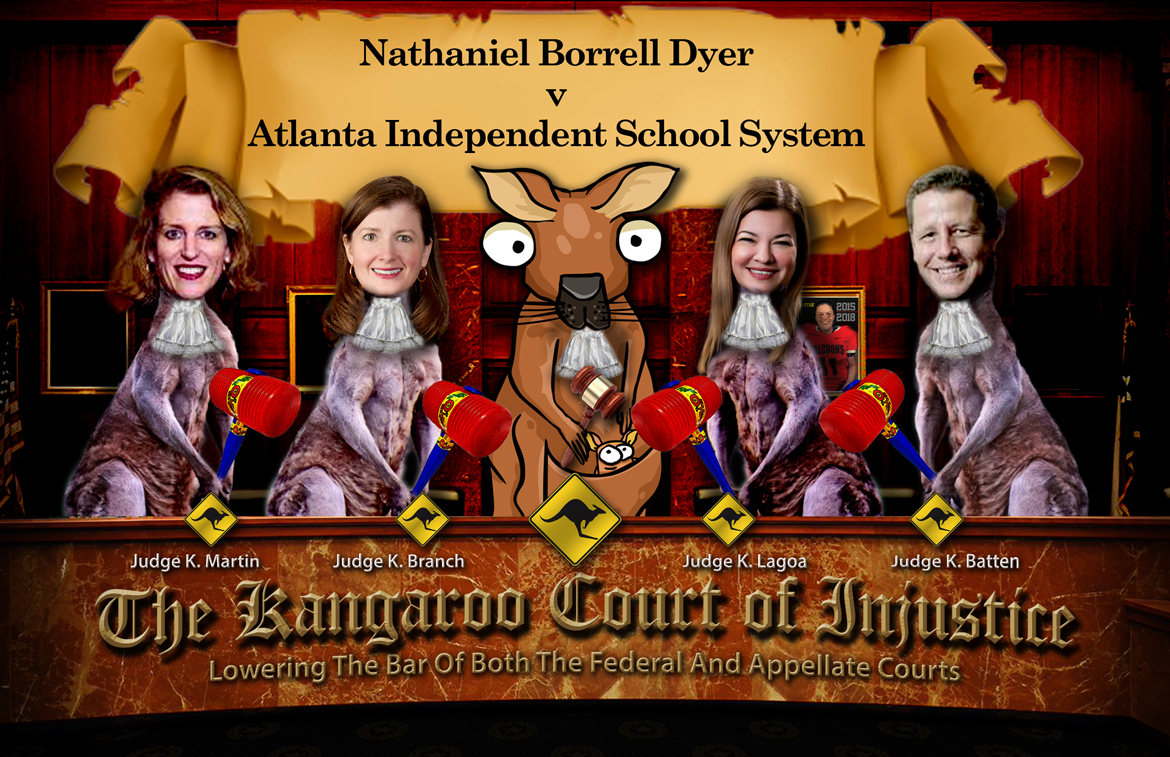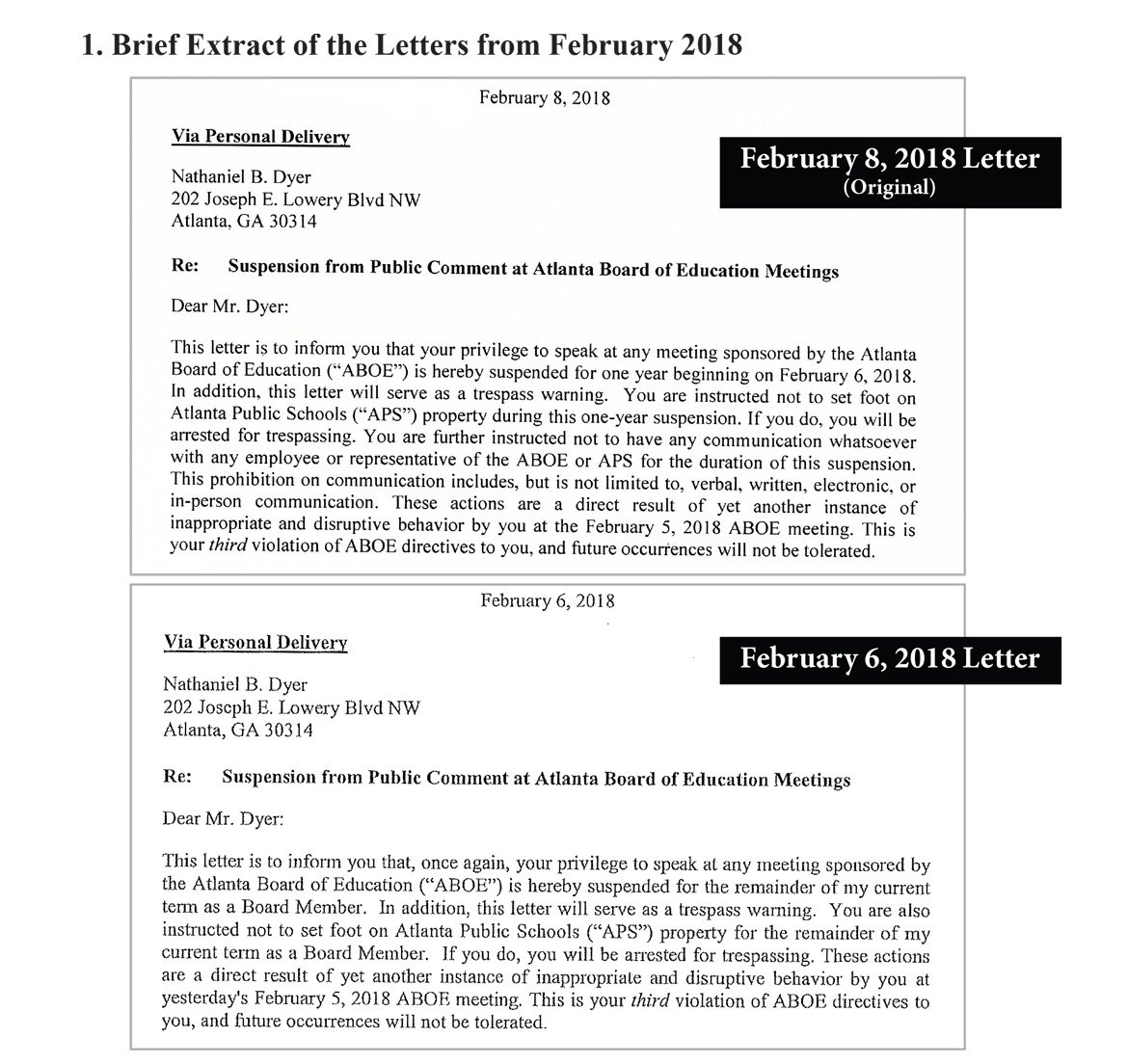MEET THE KANGAROO COURT
HOPPING OVER JUSTICE FOR INJUSTICE


Hon. Beverly B. Martin
U.S. Circuit Judge
United States Court of Appeals
Eleventh Circuit
Born:
Macon, Georgia
Date of Appointment:
January 20, 2010
Entered on Duty:
February 1, 2010
Education:
Stetson University, B.A., 1976
University of Georgia, J.D., 1981
Previous Employment:
Judge, United States District Court, Northern District of Georgia, 2000 – 2010
United States Attorney, Middle District of Georgia, 1997 – 2000
Assistant United States Attorney, Middle District of Georgia, 1994 – 1997
Assistant Attorney General, State of Georgia, 1984 – 1994
Martin, Snow, Grant & Napier, 1981 – 1984

Hon. Elizabeth L. Branch
U.S. Circuit Judge
United States Court of Appeals
Eleventh Circuit
Born:
Atlanta, Georgia
Date of Appointment:
March 19, 2018
Entered on Duty:
March 20, 2018
Education:
Davidson College, B.A., 1990
Emory University School of Law, J.D., 1994
Professional Career:
Law clerk, Hon. J. Owen Forrester, U.S. District Court for the Northern District of Georgia, 1994-1996
Private practice, Atlanta, Georgia, 1996-2004, 2008-2012
Associate General Counsel for Rules and Legislation, U.S. Department of Homeland Security, 2004-2005
Counselor to the Administrator of the Office of Information and Regulatory Affairs, U.S. Office of Management and Budget, 2005-2008
Judge, Court of Appeals of Georgia, 2012-2018

Hon. Timothy C. Batten, Sr.
Assumes Role of Chief Judge
The Honorable Timothy C. Batten, Sr., has assumed the role of Chief Judge of the U.S. District Court for the Northern District of Georgia effective May 8, 2021, upon the completion of Judge Thomas W. Thrash, Jr.’s term as chief. Judge Batten was nominated to the Court by President George W. Bush on September 28, 2005 and took his oath of office on April 3, 2006.


